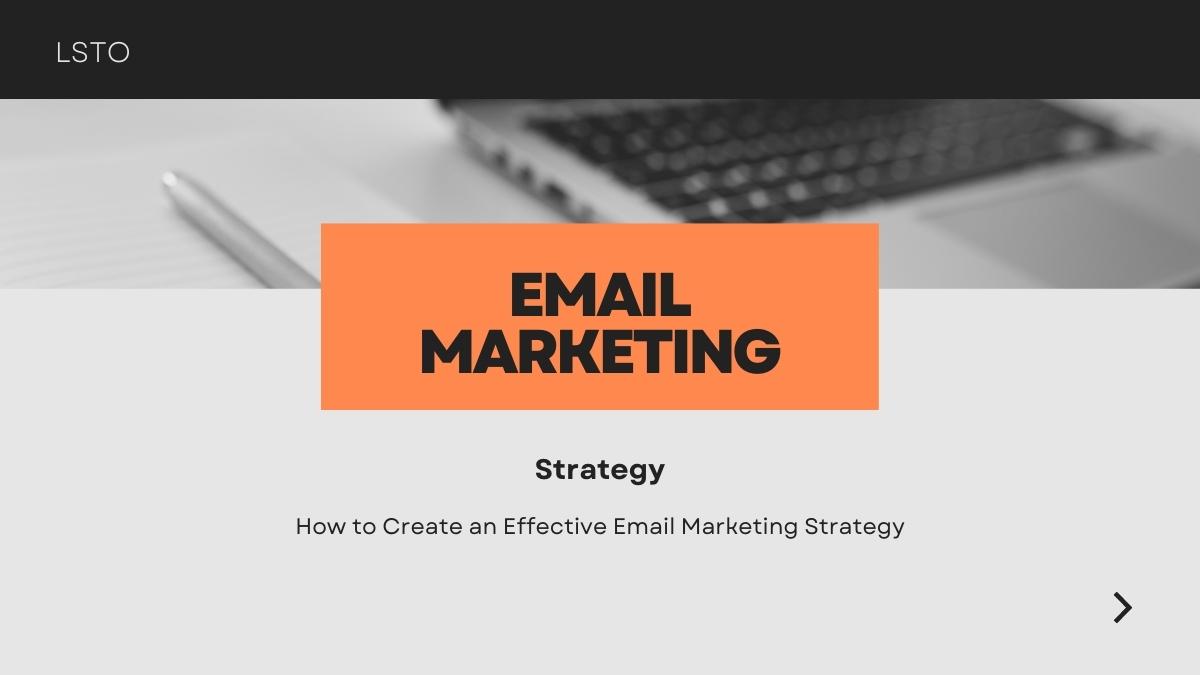
Email marketing is a great way to connect with customers and promote your business. Here are a few email marketing basics to get you started:
- Keep your emails short and to the point. Customers are more likely to read and engage with shorter emails.
- Use strong subject lines to grab attention. Your subject line should be clear, and concise, and offer something of value to the reader.
- Include a call-to-action (CTA). Your email should have a clear CTA, such as “Sign up now” or “Learn more.” This will encourage recipients to take action that benefits your business.
- Personalize your emails whenever possible. Addressing recipients by name and including other personal details can make your emails more engaging and effective.
- Test, test, test!
Why email marketing?
Email marketing is one of the most effective ways to reach your customers and promote your products or services. Here are four reasons why email marketing is a great choice for your business:
- Email is a personal medium. Your customers can read your messages at their leisure, and they can respond when it’s convenient for them. This makes email ideal for building relationships with customers.
- Email is cost-effective. You can reach a large number of people without spending a lot of money on advertising.
- Email is measurable. You can track how many people open your messages and click on the links in them. This helps you to gauge the effectiveness of your email campaigns and make improvements if necessary.
- Email is flexible. You can use email to send out newsletters, announcements, special offers, and more.
Building your email list
Building your email list is a great way to stay in touch with your customers and keep them updated on your latest products and services. Here are a few tips to help you get started:
- Use a sign-up form on your website: Make it easy for visitors to sign up for your email list by including a sign-up form on your website. Include the form in a prominent location, such as the sidebar or footer, and make sure it’s easy to find.
- Offer something in exchange for signing up: In order to incentive people to sign up for your email list, offer them something in exchange, such as a discount code, free shipping, or access to exclusive content.
- Promote your email list on social media: Use social media to spread the word about your email list and encourage people to sign up.
Creating compelling content
What do you need to create compelling content? Compelling content must be interesting, useful, and engaging. Here are three tips to help you create compelling content:
- Write for your audience – know who your target reader is and what they want to read.
- Keep it interesting – use strong headlines, active voice, and short paragraphs.
- Be engaging – tell stories, use humor, and be relatable.
Timing and frequency
Email marketing can be a great way to stay in touch with customers and promote your business, but it’s important to know when and how often to send emails. Here are a few tips to help you create an email marketing strategy that works for you and your customers.
When it comes to email marketing, timing is everything. You want to make sure you send your emails at a time when people are likely to check their inboxes and have time to read them. For most businesses, this means sending emails during the workweek, during business hours.
However, it’s also important to consider the frequency of your email blasts. If you send too many emails, people will start to tune them out. On the other hand, if you don’t send enough emails, people will forget about you.
Measuring success
Email marketing can be a great way to reach out to customers and promote your business. However, it is important to measure the success of your email marketing campaigns in order to make sure that they are effective. Here are some tips for measuring the success of your email marketing:
- Check your open rates. This will give you an idea of how many people are actually opening and reading your emails.
- Take a look at click-through rates. This will tell you how many people are clicking on links in your emails.
- Look at unsubscribe rates. This will help you see how many people are no longer interested in receiving your emails.
- Finally, track conversions. This will let you know how many people are taking action after receiving your emails, such as making a purchase or signing up for a newsletter.
Conclusion:
Your email marketing strategy needs to be thought out and planned in order to be effective. You need to have a clear idea of what your goals are, who your target audience is, and what kind of content will resonate with them. Once you have all of that figured out, you can create a campaign that will get results.